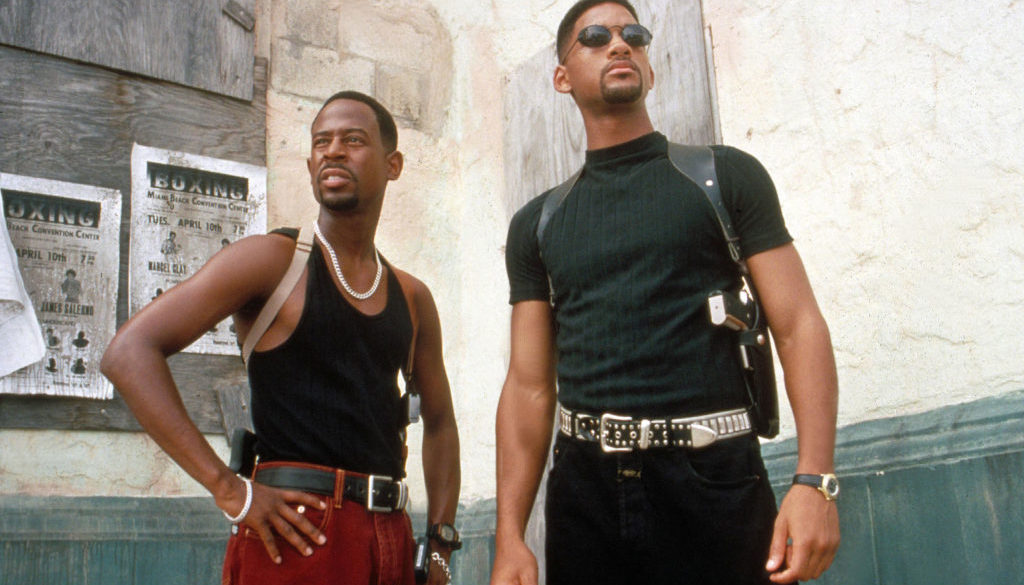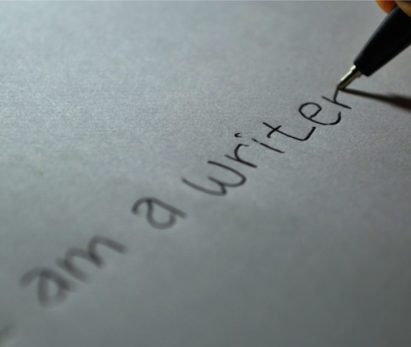It Hurts To Be Tough
To many, the world is the most accepting it has ever been in 2019.
The LGBTQ community, which was once shamed upon, is progressing more than ever. Women are running for office at a much higher rate than in previous decades, and gender stereotypes are being shut down by the day.
Despite all this progress, why does society still degrade men showing emotion? How can men attempt to be emotionally available to women when the rest of the world says you are to exhibit no weakness, always be strong, or better yet, never cry?
We use the term toxic masculinity to describe men when they show a lack of emotional connection.
In a study published in the Journal of Counseling Psychology, which focuses on men’s mental health, Dr. Y. Joel Wong said “in general, individuals who conformed strongly to masculine norms tended to have poorer mental health and less favorable attitudes toward seeking psychological help.”
This study comprised of 78 samples from 19,453 participants that were tested against 11 norms that are synonymous with toxic masculinity.
These 11 categories are winning, emotional control, risk-taking, violence, dominance, playboy, self-reliance, primary of work, power over women, disdain for homosexuals, and pursuit of status.
Out of all these norms, the three that correlated to negative health in men were self-reliance, playboy, and having power over women. Published in 2017, these results reveal a great deal in breaking down the mindset of several men today.
Women desire a man who is open with his emotions; however, is that a real expectation when men are expected to emotionally rely on themselves? The mentality that I must do this alone, I have to be the sole provider for my family, I need to have a larger income than my partner, etc. can be truly detrimental to relationships. A huge part of the playboy persona is having multiple women in which you have no real feelings toward them at all.
It is clear to see why women complain about having no genuine connection while men are consistently behaving like this. Wong points out that some men desire power over women, which is a deeper topic in and of itself. Manipulating women to get what one wants without giving anything in return is, for lack of a better word, trifling.
Although this might be how some men operate, other research suggests that men are much more emotional than they appear. In a survey of over 1,500 people, conducted by EliteSingles, when asked when was the last time they cried, 47 percent of men said either “this week” or “this month.”
The Topography of Tears digs deeper into the theme of crying by capturing a series of photographs which outline the structure of tears. Taken by Rose-Lynn Fisher and the Craig Krull Gallery, one can see that no one tear is the same.
The emotion exhibited while crying determines what the tear will look like, and tears of grief are the most telling. The picture showing grieving tears gives the impression of brokeness and pain, which also might be the same way the man is feeling while crying behind closed doors.
The common ideology many men obtain as an adolescent is that no woman wants the nice guy. As a high school student, boys in my classes would say how girls only want “bad boys.” Ironically, in the survey mentioned above, it reads that 95 percent of women actually prefer men who are open with expressing themselves.
The question now becomes if women crave emotion, and men are actually more sentimental than society believes, then what is the solution to this disconnect? The easy answer is that men might need to stop worrying about the opinions of their peers, in addition to the stereotypes associated with themselves.
At the end of the day, your “bros” should not be the ones to dictate how you can or can not feel. The truth is every man gets hurt. They need to have a healthy, positive outlet to deal with pain.
Maybe confiding in the woman you’re dating and whose attention you worked so hard to grab in the first place might be the real solution.





